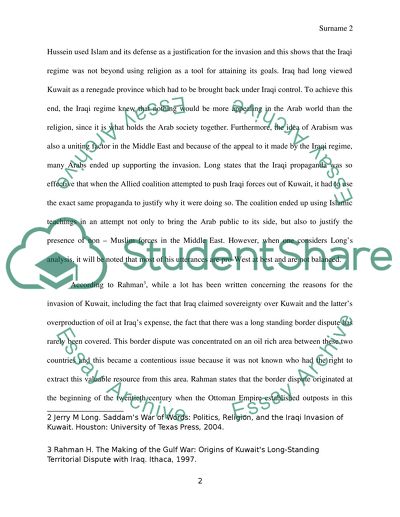Cite this document
(“International Security: Kuwait war 1990-1991 Essay”, n.d.)
International Security: Kuwait war 1990-1991 Essay. Retrieved from https://studentshare.org/history/1466825-international-security-kuwait-war
International Security: Kuwait war 1990-1991 Essay. Retrieved from https://studentshare.org/history/1466825-international-security-kuwait-war
(International Security: Kuwait War 1990-1991 Essay)
International Security: Kuwait War 1990-1991 Essay. https://studentshare.org/history/1466825-international-security-kuwait-war.
International Security: Kuwait War 1990-1991 Essay. https://studentshare.org/history/1466825-international-security-kuwait-war.
“International Security: Kuwait War 1990-1991 Essay”, n.d. https://studentshare.org/history/1466825-international-security-kuwait-war.


